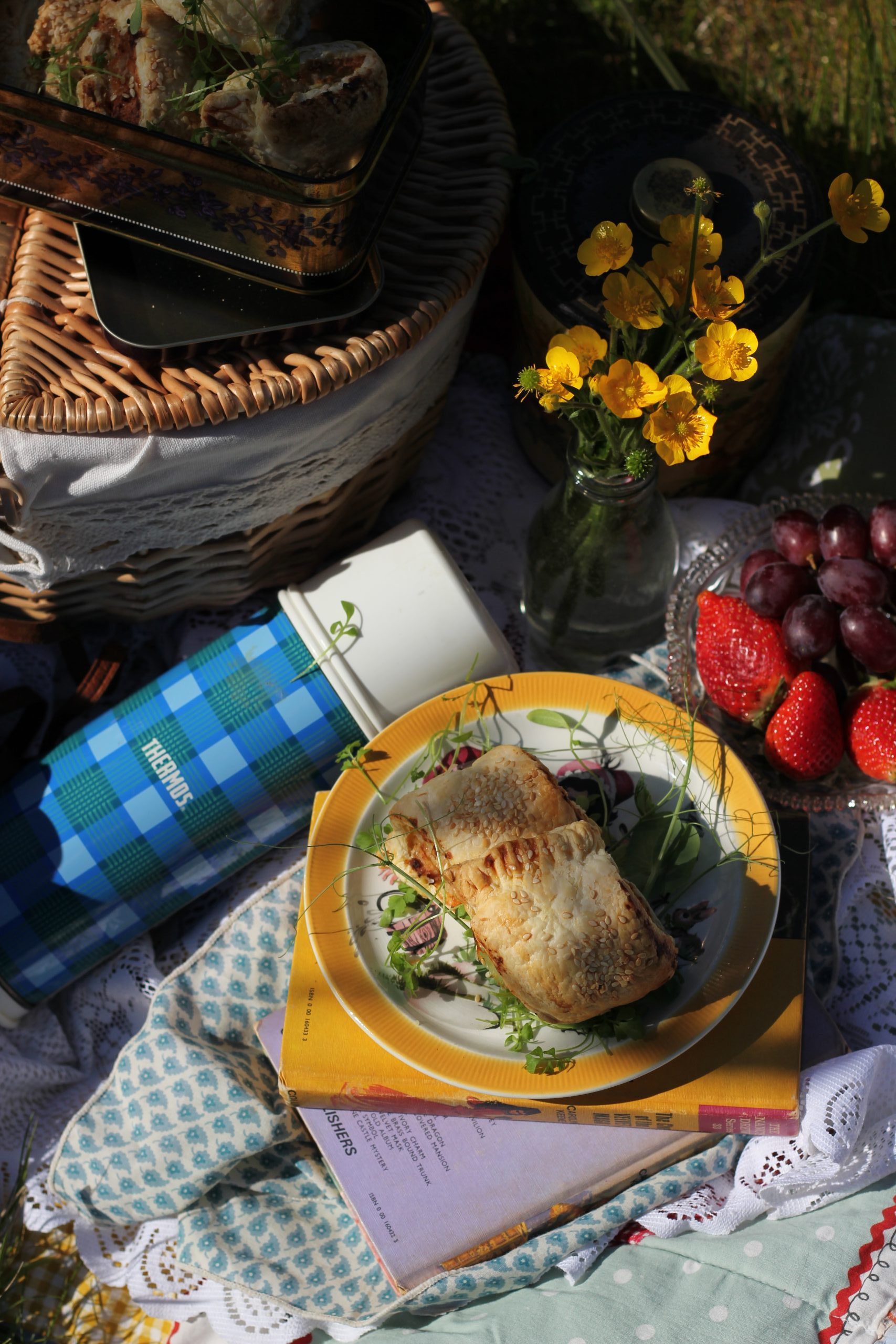
A Beginners Guide to Pickling
Wed May 19 2021

Written Melanie May
Pickling is popular and very easy to do.
It’s amazing how a little vinegar, salt, sugar and spices can transform fruit and veg. Their fresh, acidic bite makes for zesty snacks and garnishes as well as flavourful ingredients to pep up mealtimes.
Pickling is a great way to preserve summer flavours for the cold winter months and is a fantastic way to reduce food waste.
So, it’s time to embrace the brine and start pickling your produce.
What is pickling?
Pickling is the process of using an acidic brine to preserve food. The brine is a liquid made up of water, vinegar, salt and sugar. Spices can also be added to up the ante.
What foods can be pickled?
The most common foods to pickle are cucumber and onions, however, you can pickle all manner of foodstuff.
You can pickle asparagus, turnips, squash, beetroot, carrots, cauliflower, peppers, radishes, tomatoes, green beans, mushrooms, chillies, mangetout, grated horseradish, ginger, garlic and eggs. When it comes to fruit, watermelon, peaches, plums, apricots, cherries and berries are perfect for pickling.
What foods can’t be pickled?
Honestly, there’s very little that you can’t pickle. You just need to make sure that the flavour of the food pairs well with the salty and sour taste that comes with pickling.
What can I do with pickled foods?
You can eat them straight from the jar. They make great snacks. You can use them for garnishes, for example on top of burgers and tacos. You can also use them as tasty ingredients in sandwiches, salads and omelettes. Pickled fruits can be used to make mouthwatering desserts like fermented plums on top of ice cream.

What ingredients do I need for pickling?
Vinegar – the type of vinegar you use is a matter of taste. The most common kinds of vinegar used in pickling are apple cider vinegar, white wine vinegar, rice wine vinegar and distilled white vinegar.
Salt – you can buy specialist canning and pickling salt, but sea salt is the best salt to use in pickling. Don’t use table salt or any other salt that contains additives.
Sugar – white sugar is the most common sugar to use for pickling but brown sugar, honey and agave also work well, especially when it comes to pickling fruit. Just experiment and see what flavours you like best.
Herbs and spices – you don’t have to use herbs or spices but they can elevate the pickling flavours. You can get creative here and add personality to your pickles. Try adding whole peppercorns, coriander seeds, mustard seeds, dill seeds, bay leaves, red pepper flakes, cinnamon, cloves and allspice berries. The following fresh herbs also lend themselves well to pickling: basil, chives, mint, oregano, rosemary, sage, tarragon, thyme and nasturtiums.
What equipment do I need for pickling?
For pickling, the only equipment you need is a saucepan, a heat source and airtight jars. Mason jars or Kilner jars with either screw tops or flip lids are ideal.
How do I prepare food for pickling?
Wash all food thoroughly with a vegetable brush under running water. Peel if necessary and chop into any size and shape that you like as long as it fits into the pickling jar. Layer the food in the jar leaving about 1/4-inch headspace at the top for the brine.
If you are using fresh herbs, add them into the jar at this stage.

How do I make the pickling brine?
The basic brine recipe starts with equal parts water and vinegar. You adjust the amount of salt and sugar depending on personal preference and the final flavour or taste you are trying to achieve. You might want a sweeter brine if you are pickling fruit or a saltier brine for cucumbers.
You add the water, vinegar, salt, sugar and any dried spices and herbs to a saucepan and bring to a boil.
Pour this liquid on top of the prepared food in the pickling jar. Fill to the top.
How do I store my pickling foods?
Make sure jars are sterilised and the lids are tightly on the jars.
For easy pickling ideas, check out our pickled cucumber recipe and our pickled red onion recipe.





